This month, I stepped outside the norm of what I normally read. It always feels strange to say that I pushed myself because reading has historically been a leisure activity. I want to read a range of what’s available, and if that means I have to read 500 pages of boring smut and a book about footy now and then, so be it.
The Really Dead Wives of New Jersey by Astrid Dahl
Anna Dorn wrote this book under the pseudonym Astrid Dahl, the title character from her work Perfume & Pain. The Really Dead Wives of New Jersey centres on a Real Housewives-style reality show called Garden State Goddesses. The book opens with a dramatic moment, as the newest cast member, Hope, unexpectedly dies.
This book is pulp in the best sense. It’s fast-paced and features an unbelievable plot that I couldn’t get enough of. I found myself going for extra-long walks to listen to the audiobook. I hope Dorn keeps writing more under this pseudonym, perhaps something set in Salt Lake City. I’m a recent Real Housewives convert, so I enjoyed it, but I reckon I would’ve grasped more of the nuance if I was a tried-and-true fan.
The Season by Helen Garner
The oval that Garner writes about in this book is down the road from my house. When I’m walking the dog, I keep my eyes peeled for her.
I don’t give a fuck about footy, but living in Victoria means I've got to care. I've worked in places that go mad for footy and rugby, so there have been times in the staff room when I didn't understand a single word being said. When I landed my job, I joked about being open to switching sides and supporting the Australian rugby team. I was told it didn’t matter who I backed in rugby, but they asked who I supported in footy. I replied, ‘Anyone you want if you give me the job.’
Reading this book gave me a glimpse into the life of a footy-obsessed person. I used to swim, and reading this book reminded me of picking up fish and chips on the way home from swimming on a Friday night. I craved simple suburban pleasures, family time, and mundane chat in the pub.
Garner is writing about her connection to her grandson and trying to understand teenage masculinity (something I never could). I enjoyed it, but I feel like Helen Garner could rewrite the phone book, and I’d be lining up to read it.
I need Garner to write a book about that lady who killed her family with mushrooms though - you just know that would fucking slap. Get to writing Helen.
Onyx Storm by Rebecca Yarros
The girls who get it, get it. I am not a girl who gets it. After the original hype of the first instalment of The Emoyrean series, a friend and I decided to do an in-person buddy read. The first book? Fine, I guess. Not the best writing, but I wasn’t going into it expecting that. By Onyx Storm, it’s obvious that Rebecca Yarros can’t write to save her goddamned life. Yes, she’s probably one of the richest working writers today, and I’m not — but if you read this and want to argue that it’s a “good book,” you need to touch some grass.
My main issue with Yarros’s writing is the lack of world-building. You’d expect a fantastical story to dedicate a large portion of the 500 pages to setting the scene, but you’d be wrong. That’s why the first book was the best; she cared about creating a vivid image. Two weeks after finishing this one, a mate wanted to chat about the plot, and I realised I’d forgotten it all. The only thing I remember is that the main character, Violet, experienced numerous orgasms that felt like waves, as that’s all this book concentrates on.
I won’t yuck your yum if you tell me this is your favourite, but if you’re reading it to get your rocks off, just say that.
Babel: An Archane History by R. F. Kuang
It took me three attempts to get into Babel, but I stuck with it because everyone I know who’s read it raved about it. By the time I got to page 120, I was hooked. I was reading this alongside Onyx Storm (blegh), trying to rip through the aforementioned dragon smut so I could focus my attention solely on Babel.
It pisses me off when someone younger than me is infinitely more talented, so in theory I hate Kuang. I can't fathom the research Kuang must have done to write this story. Not only is it thoroughly researched, but it also features the most creative magic system I've ever encountered. When I was reading it one afternoon, I was struck by how every character in this book pulls their weight. In a book over 400 pages, I would normally harp on about how it could have been shorter, but there is no fat to trim in Babel.
A friend described this book as a thinly veiled linguistics textbook, but it is so much more than that. In Babel, the author reflects on the impacts of English colonialism, academic elitism, how language works, complicity, and nonviolent resistance. These messages are not subtle by any means, but I didn’t mind that. If you have tried to read this and couldn’t fully commit, please give it another go.
Bad Cree by Jessica Johns
This book was a birthday present, I had seen it before but was going in completely blind. Mackenzie wakes up one morning after dreaming of her dead sister, holding the head of a crow. While her erratic dreams continue, a murder starts stalking her every move, so she goes home (where she hasn’t been since her sister’s passing) to reconnect with her family to figure out what is causing her strange dreams.
I spent a lot of time reading this book pondering the line between Indigenous culture and the genre of magical realism. Initially, that was how I intended to describe it, but if the dreaming and magical elements stem from an ancient culture, that seems dismissive. Ultimately, I wonder how much magical realism is rooted in the stories that First Nations people have shared for thousands of years.
I loved this book, especially when Mackenzie goes home and explores the strength and mystery of her maternal line. It was the first book I’ve read by an indigenous Canadian, and I’m looking forward to reading more.
What You Into? by Joshua Fox
This book caught my eye for obvious reasons. The main narrative of What You Into? is how Fox fucked his way to distraction after his husband surprised him with a divorce. I read a review of this book halfway through because I couldn’t decide how I felt about it and someone had written that they didn’t think the stories were believable. If the stories the reviewer mentioned were accounts of Fox’s many hookups, I disagree. As a queer man, I’ve heard very similar tales shared while I’m at the pub with mates.
The other part of Fox’s memoir delves into his work in the media. Fox began his media career as a paparazzo and claims to have taken some of the most recognisable shots plastered across British tabloids. It was the first time I’d read a reflection from someone who spends hours stalking celebrities for a single photo. If these are the stories that the reviewer deemed unbelievable, I’d understand more; however, I think for someone with a public profile like Fox’s, it would be foolish for him to fabricate them.
I decided I liked this book; it was enjoyable. If you have read Into? by North Morgan and enjoyed it, give this a try.
The Lamb by Lucy Rose
It is no hyperbole when I say The Lamb is a top contender for my favourite books. If there were a Venn diagram of all of my reading interests… actually, let’s make that Venn diagram
As you can see, this book is the perfect intersection of what I enjoy reading.
Margot and Mama live in a remote homestead, taking in and eating strays who stumble to their front door. Mama’s controlling and abusive treatment of Margot intensifies when Eden arrives. While Mama becomes obsessed with Eden, Margot starts to seek comfort in others when at school, creating a headache for Mama and her newfound love.
The prose in The Lamb is beautiful without hindering the readability, the chapters are short, and I don’t think it was too long (SHOCKING I KNOW). I cannot wait to give this a second read.
Motherthing by Ainslie Hogarth
Motherthing opens with the suicide of Laura’s mother-in-law. It incorporates elements of magical realism that keep the narrative engaging. The theme of motherhood is central to the plot, with some pretty heavy topics explored. There’s a passage where Laura discusses how her mother treated her that was so horrific I had to pause the audiobook.
While I’m not an expert on being a woman, I’ve read every literary fiction book even remotely linked to a mentally unwell woman aged between 20 and 40, so I know a fair bit about the genre. This subgenre of literary fiction can be split into two subcategories: one where the women are unhinged from the start, and the other where the woman has a breakdown. While I always appreciate the horror elements, it's more challenging to write them convincingly.
Motherthing falls into the “Woman snaps” category. Hogarth hinted at reasons for Laura to snap throughout the story, but they felt at odds with the narrative. For example, the scene where Laura describes her mother offering herself and Laura to her boyfriend to entice him to stay seemed like it would be a massive deal to someone. Laura appeared astute enough to connect her mother, her mother-in-law’s suicide, and the way she interacts with older women. That connection didn’t materialise; she merely comments and moves on.
Aside from this point, which I fixated on, I enjoyed the book. I found its ties to Edgar Allan Poe fascinating, and it had a dark sense of humour that I appreciate.


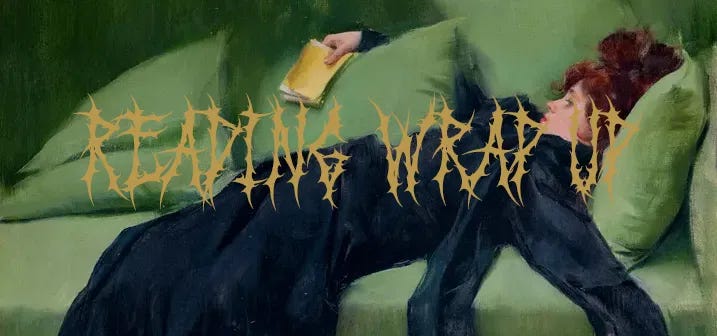
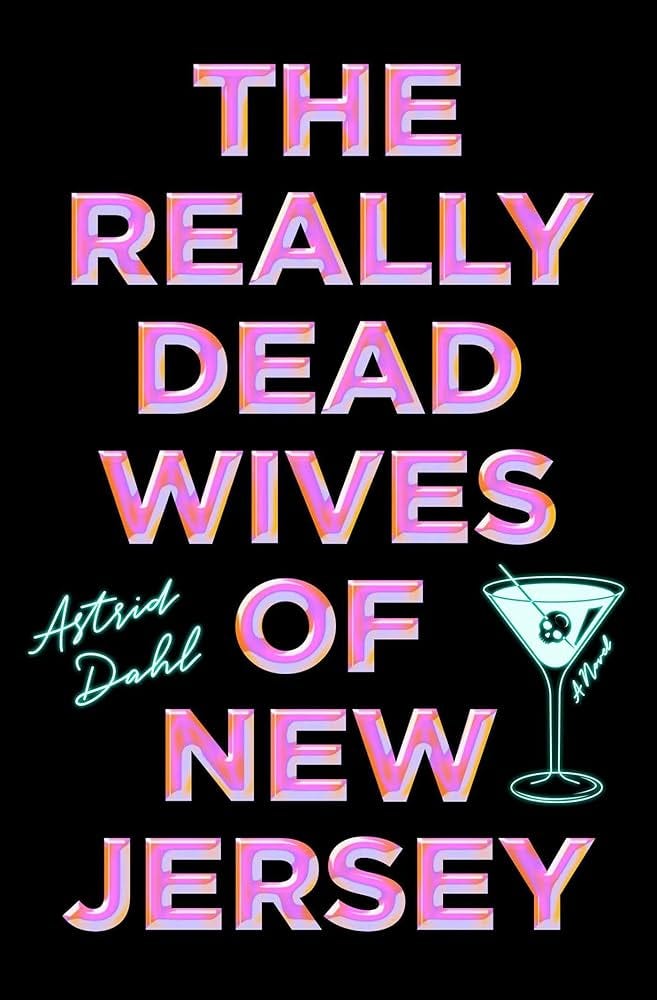
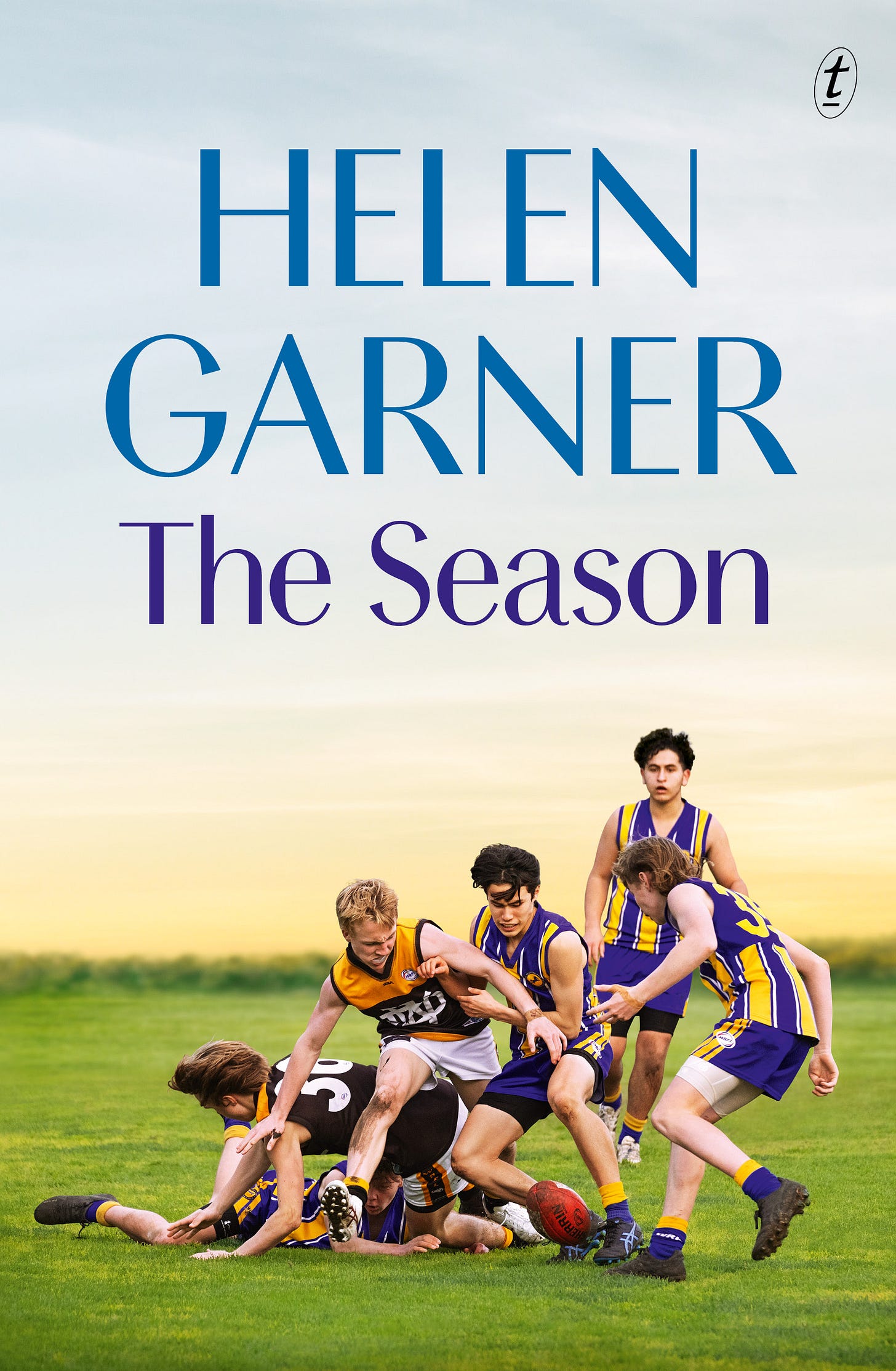
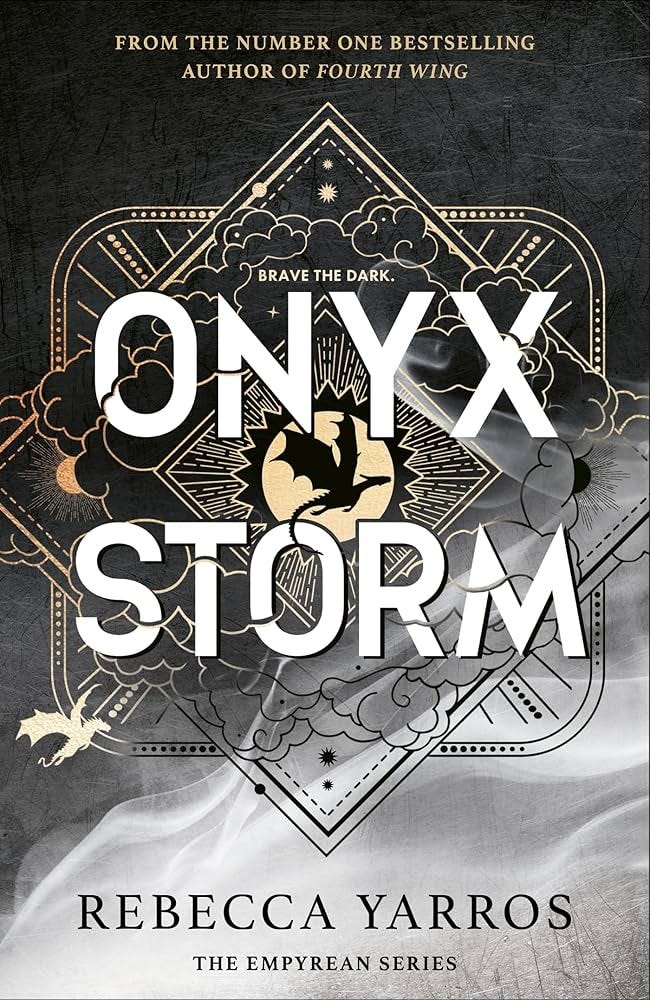
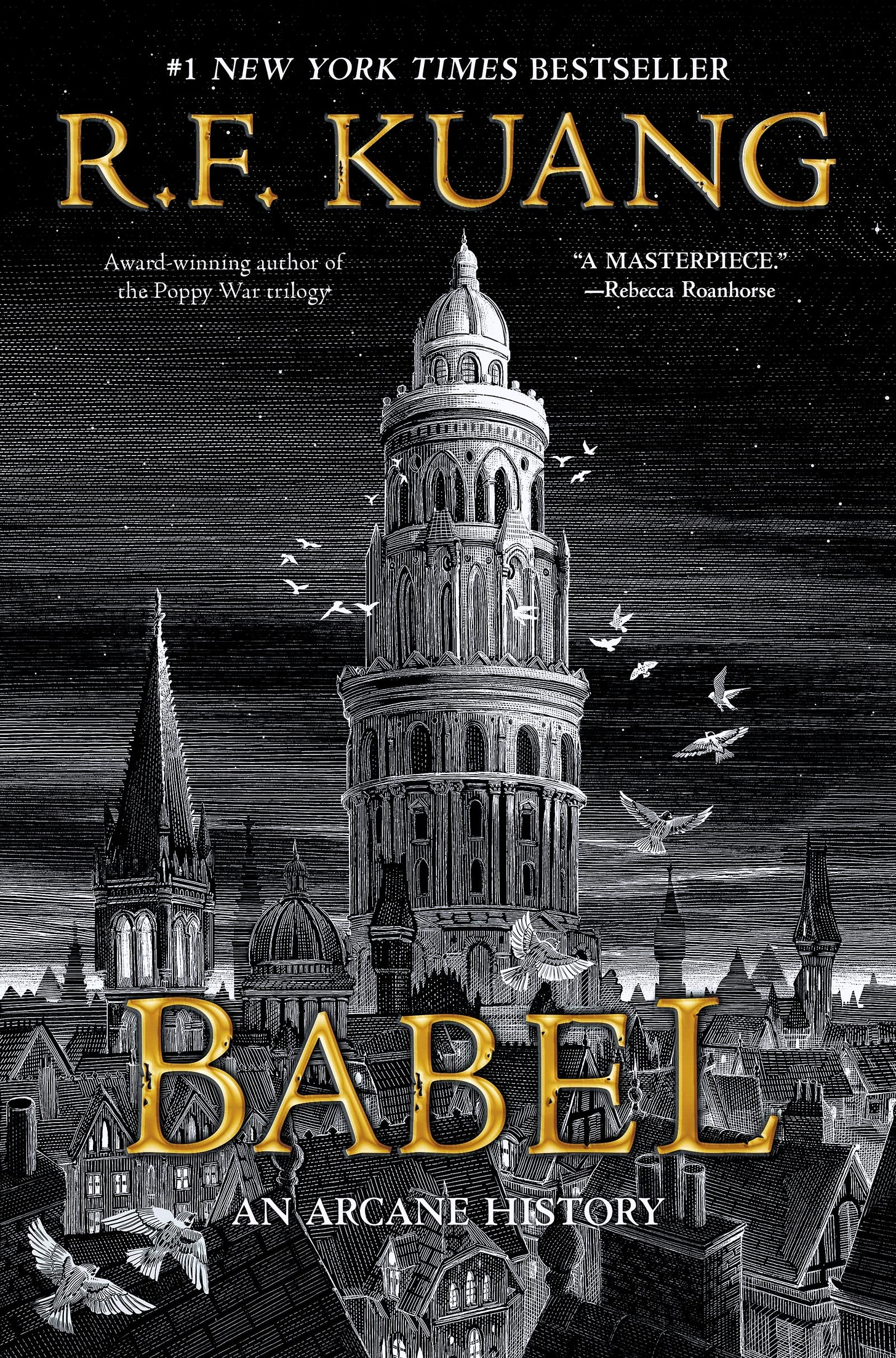
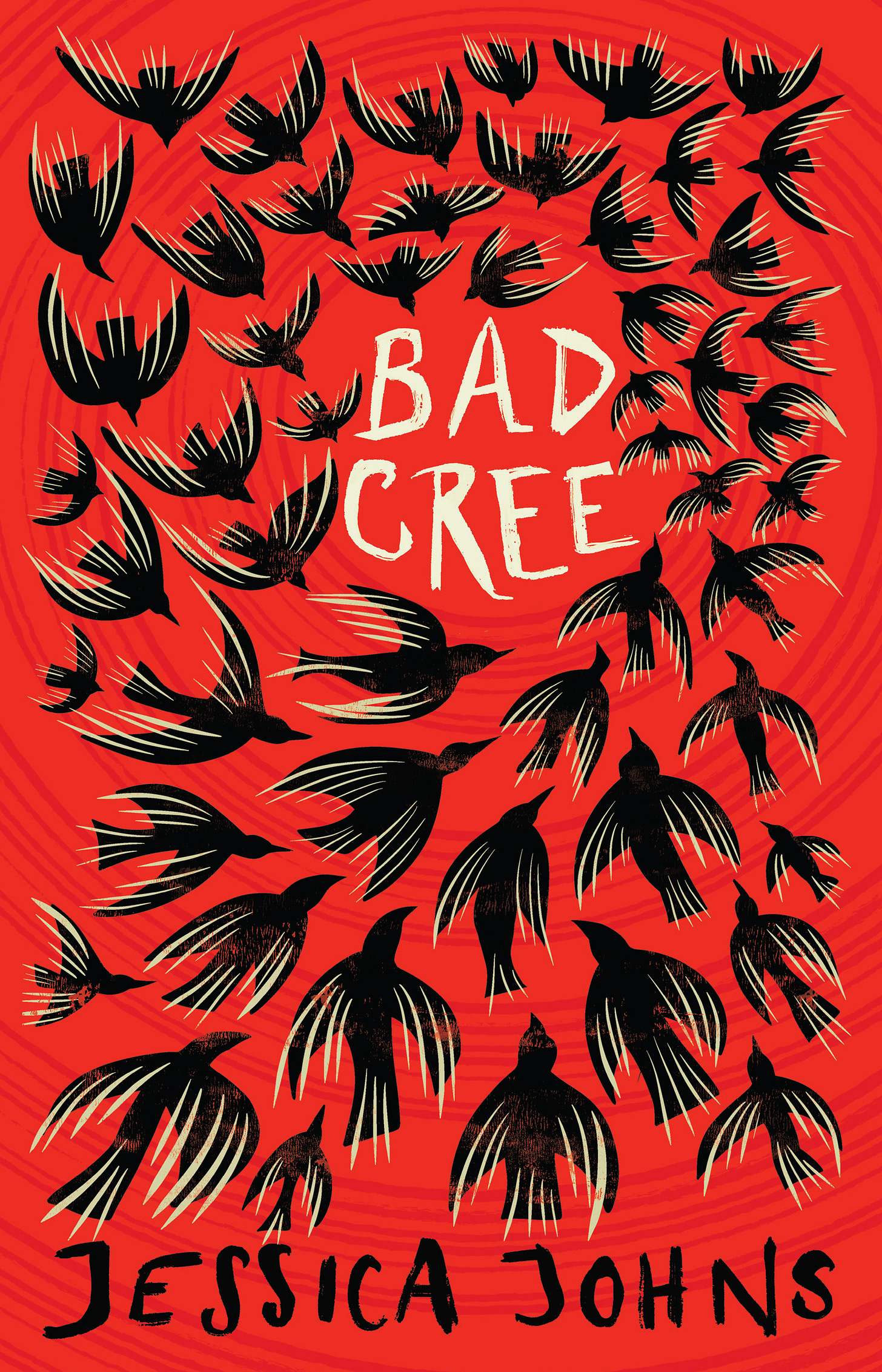
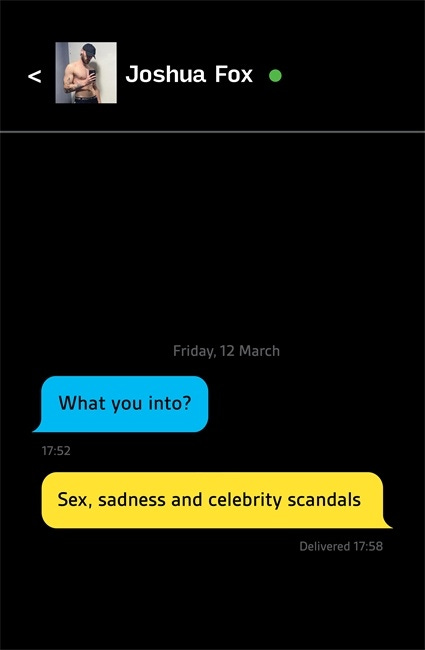
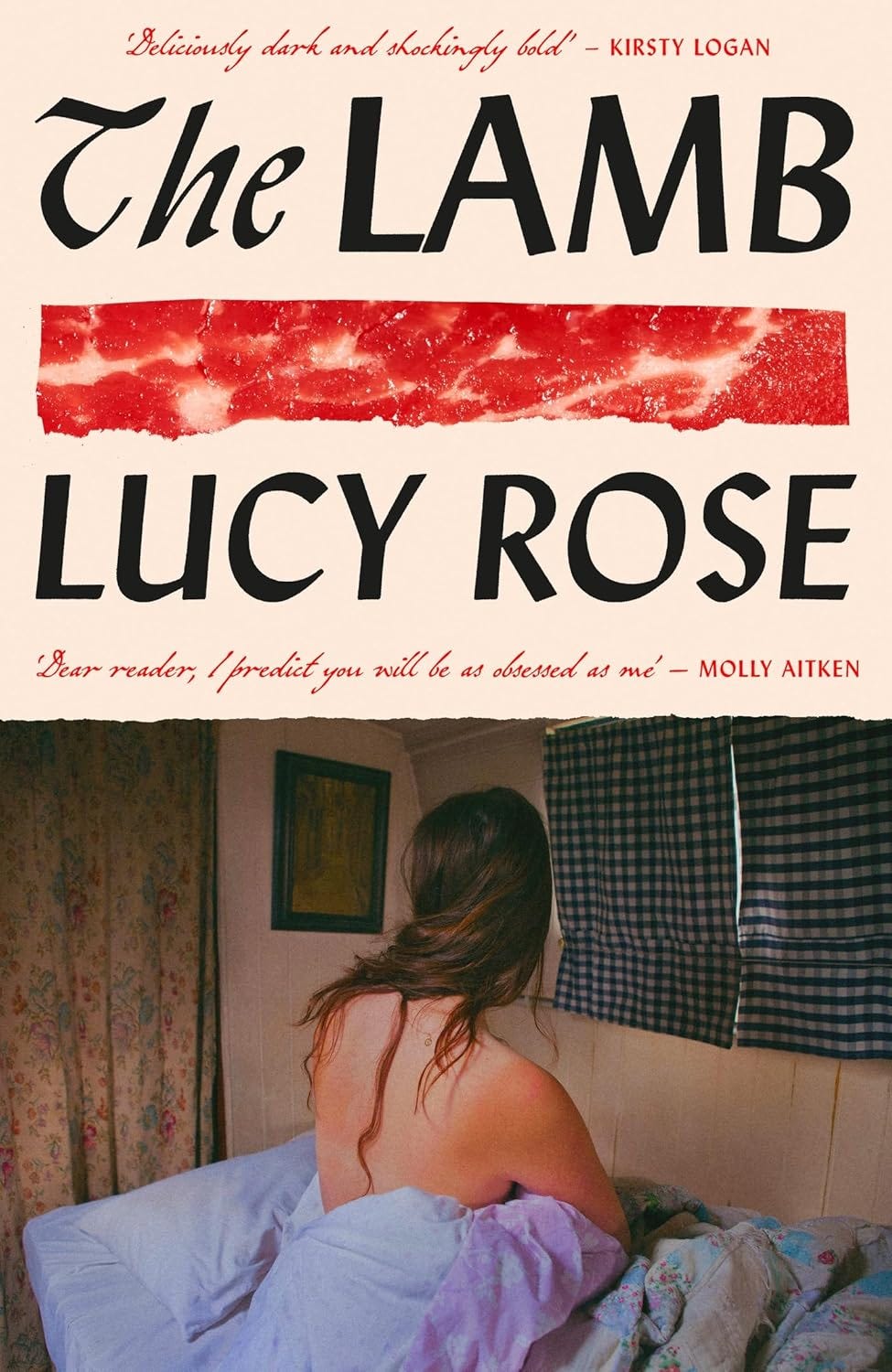

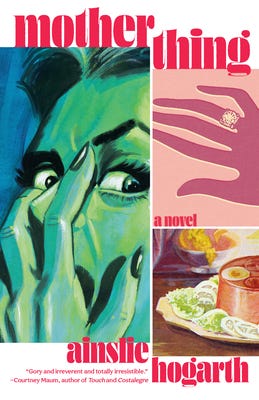
I've been making a diagram to put into a post, so consider me Deeply Thrilled by the Venn representation here and the delicious-as-always brain snacks. Mwa
Oh and I loved Josh Fox's book!